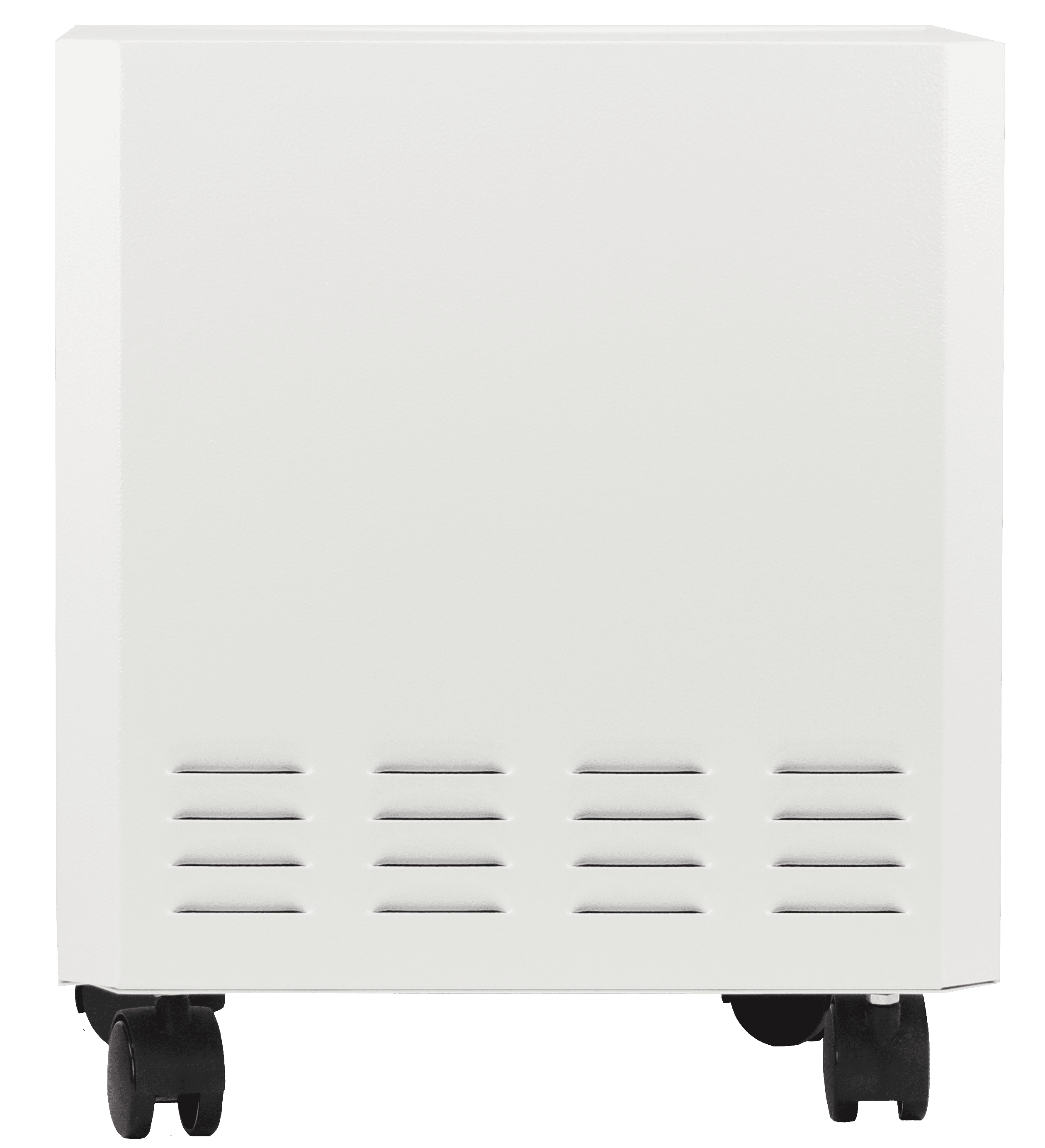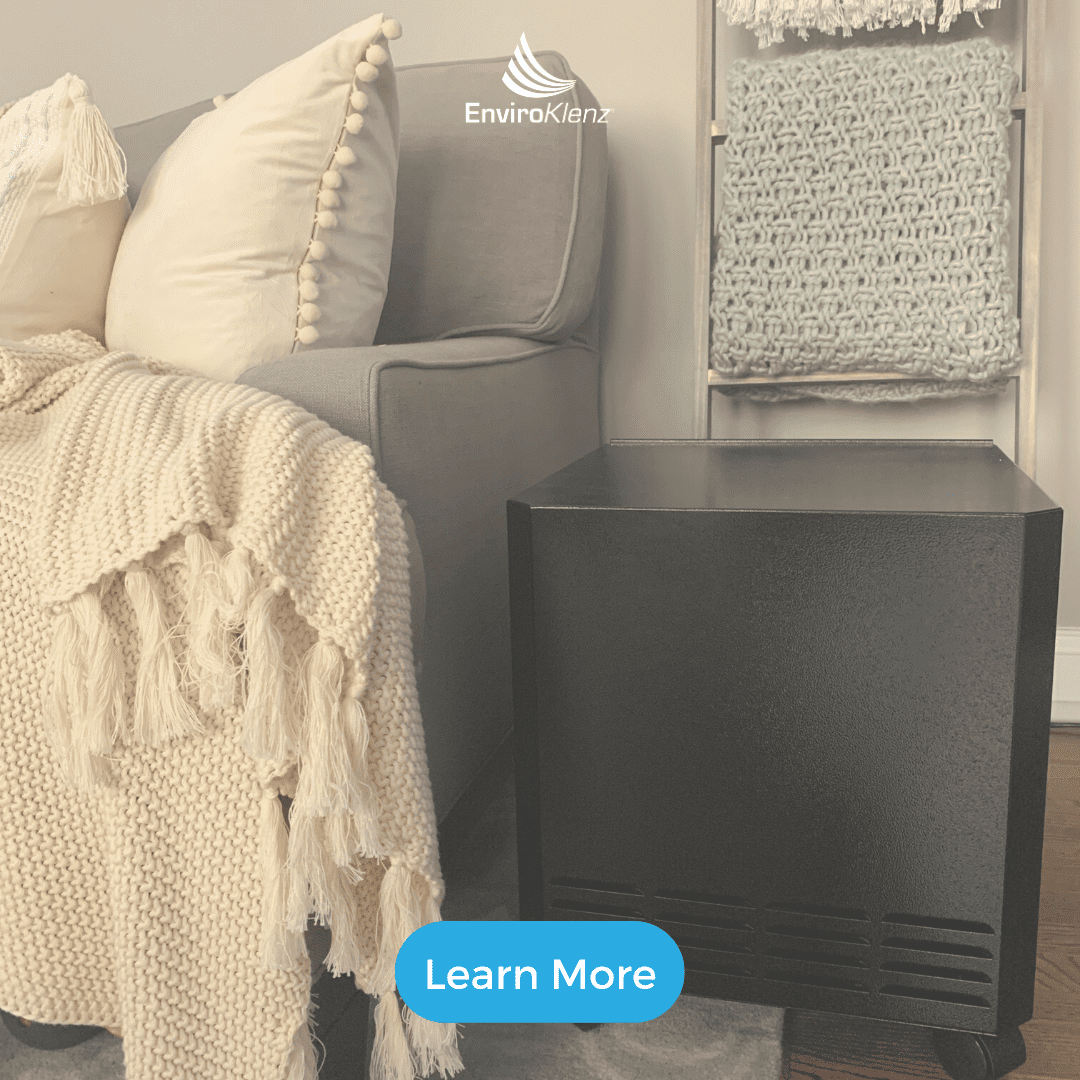The Difference Between Allergies and COVID-19 Symptoms
This year from June 28th to July 4th, 2020, we celebrated a unique holiday: World Allergy Week 2020. The World Allergy Organization uses this week every year to draw attention to an issue affecting allergy sufferers that could benefit from more awareness. In light of these extraordinary times, the group elected to hold their yearly allergy conference on how COVID-19 effects individuals diagnosed with allergies and asthma.
In celebration of this week of increased awareness, this article will discuss how to distinguish between allergies and COVID-19 symptoms as well as a comparison of allergy symptoms to those of COVID-19, why allergies are worse indoors, and how to get rid of allergy symptoms indoors.
Check out the symptoms
The easiest way to differentiate COVID-19 from common respiratory allergies is by symptoms.
The symptoms of COVID-19 vary depending on many factors, including age, viral load, and previous diagnoses of the patient, but the most common symptoms of COVID-19 infection are listed below:

The most obvious difference between allergies and COVID-19 the presence of a fever in the presentation of COVID-19 and the presence of sneezing in the presentation of seasonal allergies.
Why are allergies worse indoors?
Allergy sufferers worldwide have seen an uptick in their allergy symptoms during the pandemic for the glaring reason that allergies tend to worsen indoors due to a phenomenon called “indoor air pollution.” Indoor air pollution is caused by mold, pollen, tobacco smoke, household products, pesticides, Gases such as radon and carbon monoxide, asbestos, formaldehyde, lead, and pet dander becoming trapped in the circulating air. Constantly breathing in this stale, polluted air, supplies your lungs with a constant stream of irritants that set off the cascade of allergy symptoms suffers are all too accustomed to. For the most part, the effects of most indoor air allergens are short-lived and the symptoms vanish in clean air.

How to get rid of air allergens
Allergens can be particularly hard to remove from your home or office because, unlike other irritants, many allergens are virtually indetectable. Here are a few ways you can remove them from your environment without having to see them at all:
Clean regularly
The best offense is a good defense and the best defense against indoor air allergies is a rigorous and thorough house or office cleaning. A vacuum cleaner using HEPA filters also helps trap dust and particulates from re-entering the air. Rugs and upholstered furniture are the worst offenders for contributing to dirty air.
Change your air filter
Your home needs to be able to breathe too and a gunky air filter on your home’s ventilation system can create all kinds of problems for airflow. Combat these issues by maintaining a strict air filter changing schedule and properly maintaining your HVAC system.
Shut the window
The idea of a soft breeze sweeping the bad air out of your home is an alluring one, but the truth is that if the air outside is polluted, all of those pollutants are now on their way into your house. Keeping the windows closed is your best defense against dirty outside air.
Invest in an air purifier
An air purifier is an air quality device that is designed to filter and clean the indoor air of any space. The EnviroKlenz Air System is a revolutionary air purification device that utilizes a proprietary earth mineral technology that was explicitly designed to target noxious and toxic chemicals and odors, capturing, and neutralizing these airborne pollutants entirely from the environment without releasing ay by-products back into the environment.

Mobile Air System

✓ Patented earth mineral technology works to attack VOCs and break them down on a compound level
✓ No chemicals or masking agents
✓ Will not release any chemicals back into your environment
✓ Safer and faster at removing VOC’s than traditional carbon filters and PECO air purifiers

Comments
Post a Comment